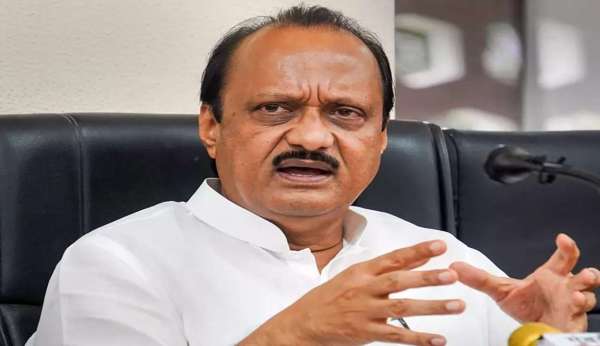COLOMBO: The National People's Power Party (NPP) won a majority of seats in Sri Lanka's parliament, election officials announced Friday. The victory gives President Anura Kumara Dissanayake a strong base of support for his economic plans.
The NPP won at least 123 seats in the 225-seat parliament, according to partial results. The United People's Power Party, the main opposition party, secured 31 seats.
Dissanayake won the presidential election on September 21. His win marked a shift away from the traditional parties that have ruled Sri Lanka since its independence. However, he only received 42% of the vote, leading some to question his party's chances in Thursday's parliamentary elections. His party saw a surge in support in the weeks leading up to the vote.
The NPP's victory included the Jaffna district, a Tamil majority area in the north. The win is significant, as it breaks the hold of traditional Tamil parties in the region.
Tamil voters in Sri Lanka are showing a change in attitude towards Sinhalese leadership, the election results showed. This shift comes after a long period of distrust stemming from a civil war that ended in 2009.
Tamil rebels, who fought for a separate homeland, accused Sinhalese-controlled governments of marginalization. The conflict resulted in a significant loss of life, with the United Nations estimating over 100,000 casualties.
Sri Lanka uses a proportional representation system to allocate the 196 contested seats in its 225-seat parliament. The remaining 29 seats, known as national list seats, are distributed based on the overall national vote share received by parties and independent groups.
The NPP won at least 123 seats in the 225-seat parliament, according to partial results. The United People's Power Party, the main opposition party, secured 31 seats.
Dissanayake won the presidential election on September 21. His win marked a shift away from the traditional parties that have ruled Sri Lanka since its independence. However, he only received 42% of the vote, leading some to question his party's chances in Thursday's parliamentary elections. His party saw a surge in support in the weeks leading up to the vote.
The NPP's victory included the Jaffna district, a Tamil majority area in the north. The win is significant, as it breaks the hold of traditional Tamil parties in the region.
Tamil voters in Sri Lanka are showing a change in attitude towards Sinhalese leadership, the election results showed. This shift comes after a long period of distrust stemming from a civil war that ended in 2009.
Tamil rebels, who fought for a separate homeland, accused Sinhalese-controlled governments of marginalization. The conflict resulted in a significant loss of life, with the United Nations estimating over 100,000 casualties.
Sri Lanka uses a proportional representation system to allocate the 196 contested seats in its 225-seat parliament. The remaining 29 seats, known as national list seats, are distributed based on the overall national vote share received by parties and independent groups.








